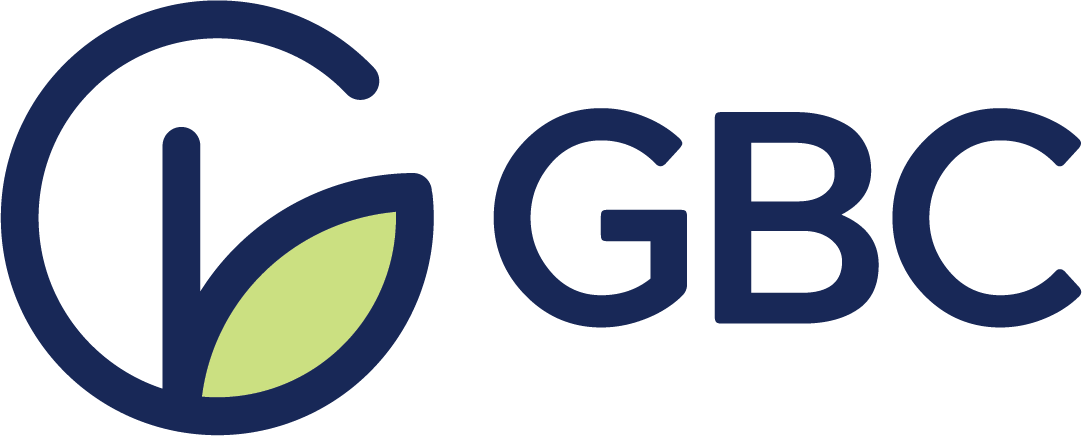
Building a Foundation for Financial Resilience
Joanna Pope | Audit Liaison | Customer Education
"What is your biggest financial worry?" This question was posed to the participants of a 2021 FINRA Study with the most common responses being paying off debt, having enough for retirement, and providing for loved ones. In fact, 56% of respondents reported feeling anxious about their finances and among the younger respondents, this figure was even higher at 69%. Combine the effects of a pandemic, continued inflation, and rising interest rates and you've got a significant cause for concern, but with a solid foundation you can alleviate the burden of these stressors. Here are a few considerations for developing a foundation that allows you to improve your financial resiliency and thrive.
Before you can make strides toward improvement, you need to understand your financial health. The Financial Health Network broadly categorizes consumers into three groups: Financially Healthy, Financially Coping, and Financially Vulnerable. Results of a 2022 Financial Health Pulse research has found that 55% of consumers are considered Financially Coping, meaning that they may be able to keep up with day-to-day expenses while managing debt, but struggle when it comes to saving for longer-term goals. Take Nerd Wallet's eight-question financial health quiz to measure your financial health and learn what next steps you can take to improve your financial well-being.
- There are various strategies for managing debt. Here, Nerd Wallet provides Tools and Tips to Pay off Debt and identifies some of the common strategies used among consumers. This tool can be used as a start but remember the best approach to paying off debt and debt management is the one that works for your household.
- When it comes to an emergency fund, it is recommended to have a three- to six-month cushion to cover living expenses if the unexpected happens. To make this savings goal less overwhelming consider using additional income like your tax refund to get started, setting up an automatic transfer to savings on a weekly or monthly basis, and reviewing your subscriptions for additional savings.
- Retirement planning is oftentimes overlooked but taking time to identify how you'll maintain an income when you leave the workforce can give you peace of mind in your older years. Consider participating in your company's retirement plan and take advantage of any matching contributions that are offered. Make it a goal to increase the amount you contribute each year. If you are already contributing towards retirement, review your investment portfolio periodically to gauge whether your savings are on track to supplement your income and support the retirement lifestyle you desire.
Building financial resilience does not happen overnight, which is why consistency is key to your success. As John C. Maxwell said, "Small disciplines repeated with consistency every day lead to great achievements gained slowly over time".
"Small disciplines repeated with consistency every day lead to great achievements gained slowly over time".
It's okay to experience setbacks along the way; remember you can reassess your action plan and make modifications when necessary. Thriving financially is possible, so take small steps toward the change you want and give yourself fuel for the journey by envisioning your life on the other side of achieving your goals!
About GBC
Georgia Banking Company (GBC) is a full-service, commercial community bank headquartered in Atlanta, Georgia. GBC's team of veteran bankers know their communities and are focused on leveraging technology to deliver an exceptional service experience to meet the needs of growing businesses and private banking clients. The bank also offers a unique suite of mortgage products to independent mortgage bankers across the nation. Visit GeorgiaBanking.com to learn more.


